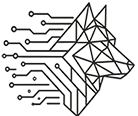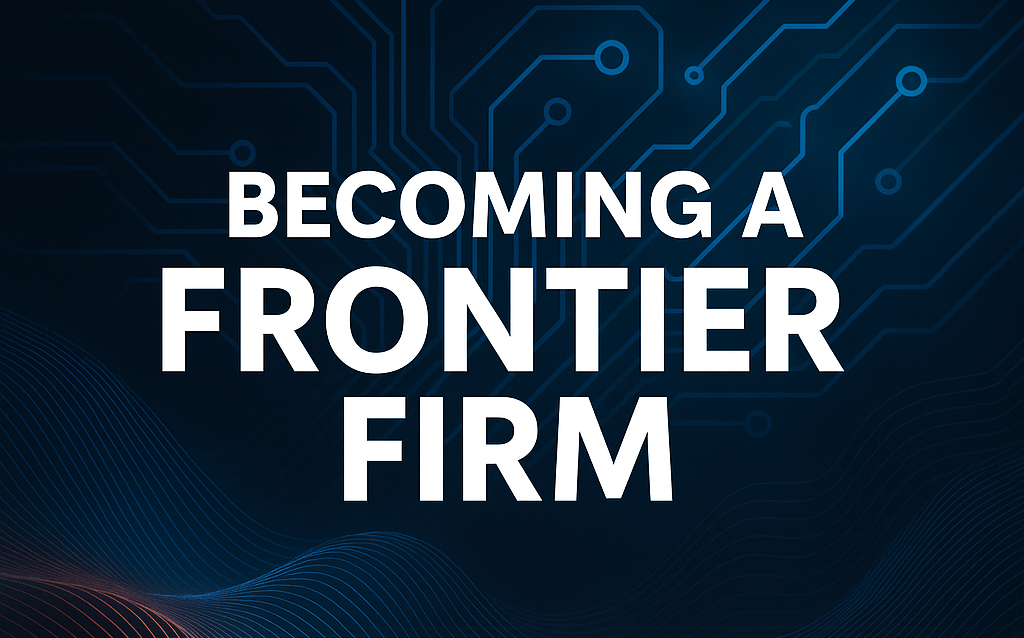If your business was built on human speed, human scale, or human limits — it’s already behind. The frontier isn’t ahead of you; it’s under your feet.
For decades, companies evolved through incremental change — new systems, reorganizations, small leaps forward. But AI has broken that rhythm. It’s not another tool for productivity; it’s a new foundation for how work happens.
We’ve entered a phase where no business can operate the way it used to. The question isn’t should we adopt AI? — it’s what happens if we don’t, and our competitors do?
Becoming a frontier firm means refusing to bolt AI onto old operating models. It’s not an efficiency upgrade — it’s a reinvention of how you design, build, and execute. Frontier firms don’t chase prompts or prototypes. They rebuild their systems to maximize what AI can do for them.
Why Frontier Firms Win
Frontier firms move faster, learn continuously, and compound intelligence across every function. They don’t just automate tasks — they turn knowledge into an evolving asset that feeds every decision and process.
They design their business around three evolutionary phases:
- Phase 1 — Human with Assistant
Every employee has an AI that helps them work faster and better. This is where most organizations start — assistants, copilots, and AI tools embedded in daily work. - Phase 2 — Human-Agent Teams
Agents join teams as digital colleagues, taking on specific tasks and workflows at human direction. They’re not tools anymore — they’re teammates with defined roles. - Phase 3 — Human-Led, Agent-Operated
Humans set direction and strategy while agents execute end-to-end business processes, checking in only when decisions or context shift. This is where true autonomy — and exponential scale — begins.

The Human Shift
For leaders, this transition isn’t just technical — it’s psychological. It requires letting go of control to gain it. You’re no longer managing people who execute tasks; you’re managing systems that learn and improve on their own.
That means new forms of trust, new rhythms of oversight, and a new kind of accountability. The most successful leaders in this era won’t be the ones who know the most — they’ll be the ones who can design environments where intelligence multiplies.
From Reaction to Reinvention
Many companies are still reacting to AI. They’re experimenting with assistants, testing use cases, and writing policies — all useful, but incremental. Frontier firms don’t stop there.
They redesign the business itself:
- Operations become ecosystems of agents.
- Knowledge becomes living context shared across teams.
- Innovation shifts from annual roadmaps to continuous generation.
They understand that every process is a candidate for autonomy — and that the future belongs to those who can orchestrate humans and agents in harmony.
The Leadership Challenge
The question isn’t whether AI will reshape your business. It’s whether you’ll lead that transformation or wait to be transformed. Frontier firms have already decided.
They’re not waiting for case studies — they’re writing them. They’re not wondering how to compete with AI — they’re building companies that can’t be outpaced by it.
At Seawolf AI, we help organizations make that leap — from experimenting with assistants to operating as frontier firms.




